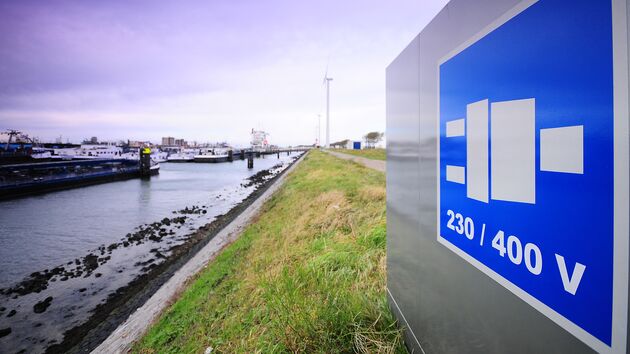The municipality of Rotterdam is providing companies contemplating switching to shore-based power the option to do a feasibility study, with the municipality funding 80% of the cost up to a maximum of €20,000 (US$21,100).
When moored at the quay, vessels with a shore-based power connection can switch to energy from the shore. This implies that vessels no longer need to use diesel generators to provide energy. As a result, nitrogen and CO2 emissions are reduced, noise pollution is reduced, and air quality improves.
Furthermore, shore-based power facilities have been installed in the Dutch port and shore-based power will be required for some types of vessels beginning in 2030.
According to the Port of Rotterdam, the feasibility study will be carried out by a company chosen by the municipality. The study includes an assessment of mooring vessel electricity demand, the basic technical design of a shore-based power installation, an assessment of the electrical connection and possible interconnection with own generation, identification of potential connection opportunities for charging infrastructure for vehicles or mobile equipment, a business case including any inevitable losses and emissions reduction as a result of the construction and use of a shore-based power installation.







